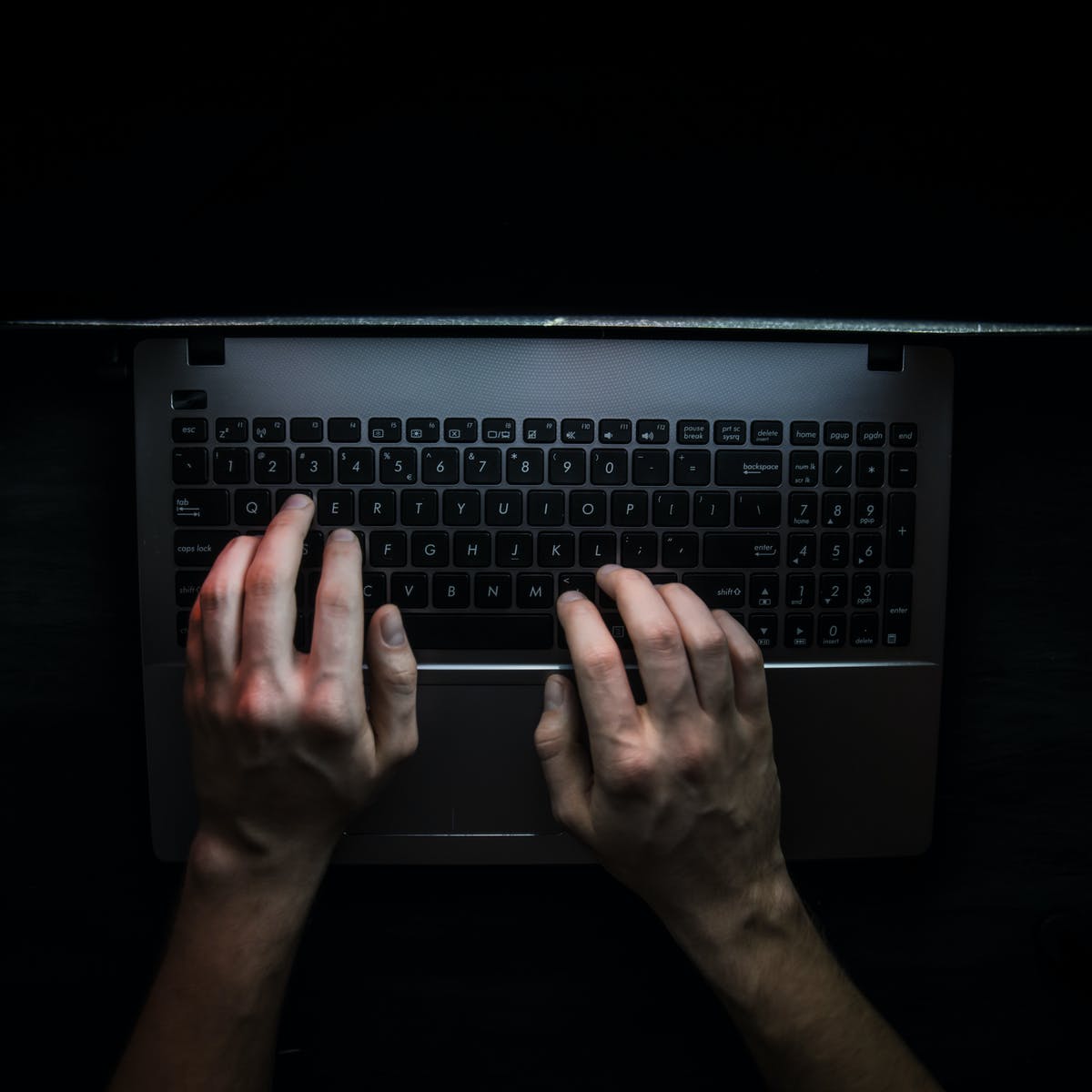Cybersecurity experts believe that by the end of 2021, there will be a cyberattack incident every 11 seconds, and cybercrime will cost the global economy around $6.1 trillion annually.
Cybersecurity is a necessity in today’s business landscape. With organisations and workers now in their ninth month of working from home due to COVID-19, the time has come for businesses to start preparing as the threat of cyberattacks is becoming even more menacing. According to cybersecurity experts, it is believed that cybercrime will cost the global economy around $6.1 trillion annually.
With these predictions, the cybercrime industry is expected to become the third-largest economy in the world, after the US and China. And a fact to remember, the pandemic is helping it. It is believed that by the end of 2021, there will be a cyberattack incident every 11 seconds. Cybersecurity Ventures expects global cybercrime costs to grow by 15 percent per year over the next five years, reaching $10.5 trillion annually by 2025, up from $3 trillion in 2015.
A cybersecurity firm Cybersecurity Ventures has predicted that, globally, businesses in 2021 will fall victim to a ransomware attack every 11 seconds, down from every 14 seconds in 2019. It was also clearly mentioned that these predictions do not include attacks on individuals, which occurs even more frequently than businesses.
Pandemic played a major role:
With most of the world now working from home due to the coronavirus disease, businesses are facing unprecedented cybersecurity challenges. Many security analysts have raised concerns about how the coronavirus pandemic has led to an increase in phishing attacks worldwide. Unfortunately, hackers nowadays are attempting to capitalise on the crisis by attacking with viruses of their own. In fact, thousands of COVID-19-related websites are being launched by cybercriminals.
With staff now forced to work outside the network perimeter, businesses face the risk of their internal data being attacked. The surge of videoconferencing, remote access, and VPN services in the home are, sadly, greatly expanding the attack surface that hackers can exploit and gain entrance into a corporate network.
Since we have evolved so much with this pandemic, the organisations now are adapting new methods even more rapidly to protect their data and obviously to maintain cybersecurity. Education, medicine, travel, retail and food services are but a few industries that have been radically transformed by COVID-19. But it sometimes becomes very difficult for technological innovations and security to go together.
Countries experiencing the most significant cyberattacks:
Businesses can respond to work from home threats:
In 2020, the world has experienced many challenges. Growing dependence on technologies makes it vital for businesses to tackle these threats and increase their cyber maturity. As organisations and workers navigate this new work-from-home world and the threats that come with it, the World Economic Forum has provided a checklist of ways that individual users and businesses can protect from cyberattacks during COVID-19.
- Since more employees are working from home, security teams of the organisations need to identify likely attack vectors and prioritise the protection of their most sensitive information and business-critical applications.
- Organisations need to ensure that all corporate-owned or managed devices are equipped with the best security capabilities, extending the same network security best practices that exist within the enterprise to all remote environments.
- Company employees should maintain good password hygiene. Workers should always use complex passwords and multifactor authentication when possible and change passwords frequently.
- It is advised that employees of various organisations should not mix their personal work with official work. Workers should use their work devices to do work and their personal devices for personal matters, if possible.
- Employees should update systems and software. Individuals should install updates and patches as often as possible, including on mobile devices.
- The use of secure Wi-Fi access points is a must for a company’s employees to protect their organisations data. Users should change their default settings and passwords to reduce the potential impact on their work of an attack via other connected devices.

